
Photo with Peer Exchange participants in Southeast Asia
The First Peer Exchange After COVID-19 Pandemic
In the years during the COVID-19 pandemic hit the world, many activities have been delayed or even cancelled, including the Peer Learning Exchange activities for grassroots women's groups. Grassroots women's groups of Huairou Commission members in Southeast Asia met in the Philippines from 30 May to 23 June 3, 2023, to share good practices from their work in the region. This meeting served as the space for the group members to meet and share experiences as well as a moment to strengthen each other in their struggles.
The activity lasted for 4 days in the Philippines and was attended by 6 members of the Huairou Commission including Union of Local Authorities of the Philippines (ULAP), Solidarity of Oppressed Filipino People (DAMPA/SOFP), CO Multiversity, and Lihok Pilipina who are members from the Philippines, Urban Poor Women Development (UPWD) from Cambodia, and YAKKUM Emergency Unit (YEU) from Indonesia. In the learning exchange, as many as 20 participants participated in field trips to ULAP, DAMPA and CO Multiversity assisted communities located in San Jose Del Monte City and Cainta, Philippines. The group visit was meant to reflect 3 main topics discussed in the learning exchange, namely waste management, women's economic empowerment, and gender-based violence.
Waste Processing to Overcome Disaster Risk and Improve Family Quality of Life
Mrs. Lucia from Indonesia, shared how waste management contributes to improving community resilience.
4 out of 6 women's groups organize waste management in their area and work closely with local governments. The women's group at the Barangay Museum in San Jose Del Monte runs the MRF (Material Recovery Facility) in collaboration with PepsiCo, a company engaged in the food industry and makes its packaging products from recycled waste. The Damayan community living near Laguna de Bay manages patchwork waste into various products such as clothing, doormats, table cloth, and others. The patchwork waste treatment initiative has become a major breakout that helps women and their families to survive financially through the COVID-19 pandemic when their primary livelihood was at halt. In fact, the educational needs for children can be met from the results of this initiative.
During this event Mrs. Lucia as the delegate of YAKKUM Emergency Unit woman group, shared her experiences to manage the Gempita Waste Bank, especially for the methods of waste sorting which was better than sorting in 3 types of waste. Good things that happen to society in her town is the environment is cleaner and orderly, especially it prevents potential overflow of water due to clogged rivers.
The Prevention and Management of Gender Based Violence (GBV)
Lihok Pilipina Foundation, DAMPA/SOFP, and UPWD are woman groups who shared their good practices of prevention and management of Gender Based Violence. GBV was already a huge issue, but they already overcome the problems through their interventions and address the problem in their area.
Lihok Pilipina, based in Cebu (Philippines), answers the needs and priority of women from low-income households. Lihok Pilipina also develops the response mechanism for household violence and sexual harassments. The good practices shared by Lihok Pilipina, such as cooperation and capacity building for apparatus, including crisis centre in overcoming the gender-based violence cases. Similarly, the DAMPA/SOFP women's group addresses the issue of gender-based violence in public places by working with local authorities such as village governments and officers in public service places (transportation, markets, and other public service centres).
People's Plan Advocacy for Settlement Development in Urban Areas
In the aftermath of Typhoon Ondoy, urban low-income families are living along the Manggahan Flood embankment have to face the forced eviction. They have to protect their rights to adequate shelter. The communities are united in the Alliance of People's Organizations Along the Manggahan Flood Embankment (APOAMF).
In 2010, APOAMF began drawing up the People's Plan – a settlement and housing development plan created by the city's poor families. A plan of the people, by the people, and for the people. With that, APOAMF enters dialogue with governments to voice the vision and aspirations of their communities in terms of where and how they should live, what their settlements are located, and what their financing strategies are. In 2018, the government has actualized the People's Plan and settlements have been built and managed based on community design.
Priority Issues to be Addressed Jointly
-
The Women's groups agree that awareness of waste management at the family level is important to be encouraged, because it provides many benefits, including in overcoming disaster risk. Cooperation with relevant parties such as village governments and private sectors can help to strengthen waste management.
-
Women's groups agree that economic activity for women is necessary for women and provides many benefits, including self-confidence, resilience, survival ability, actualization of interests and talents. Therefore, women's opportunities to gain access to jobs and economic activities must be made equal.
-
Women's groups are still not exposed with many information to and understand about GBV (gender-based violence) even though many of them are actually victims. Women's groups need to increase their capacity and together with relevant authorities establish the safe reporting mechanisms, so that women are encouraged to report any violation without any fear.
Women's groups reflect on the importance of collaborating with external parties who have similar mandates and resources (eg. Women's Agency, Environment Agency, Regional Disaster Management Agency, Village Government, etc.)
Important Steps for The Women’s Groups
Strategy development and the next step
Mrs. Lucy from the Gempita Group, which represents the YEU women's group, feels that the waste management carried out by the women's group at YEU is advancing because the selection of inorganic waste has been very detailed. the MRF group in Barangan Muson has been able to work directly with PepsiCo or companies that manage waste. Whereas in Indonesia, women's groups still sell waste sorting to the junk??.
Seeing the challenges that exist within the group, Mrs. Lucy from Gempita Group emphasized that regeneration in the group is important, because it seems like not many people in the women's group dare to engage in community’s discussion and optimize their potential. There are so many opportunities that are not captured due to limited resources. An important capacity to be developed by the board and members is an understanding of national and international frameworks, so that what is discussed at the top levels (national and international) can be linked to grassroots efforts and grassroots representation can be increased in high-level discussions and advocacy.
The learning exchange in 4 days became a momentum to gather women's leadership strength to make a move both at the grassroots level and at the global level. This event also marks the importance to increase the understanding of disaster resilience, including natural and non-natural disasters that are frequently hit the region and causes losses and damages.
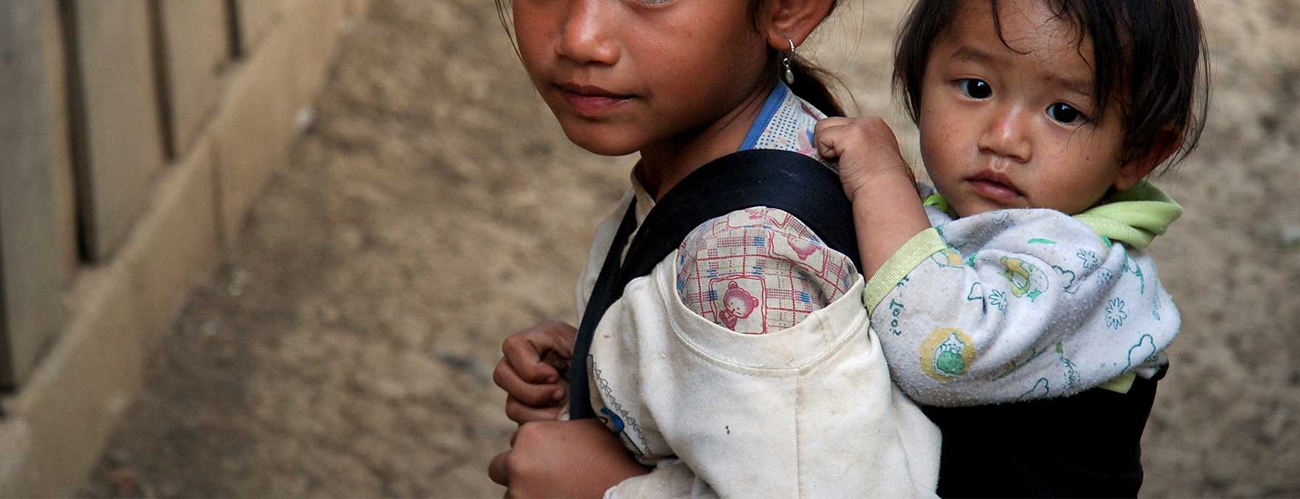
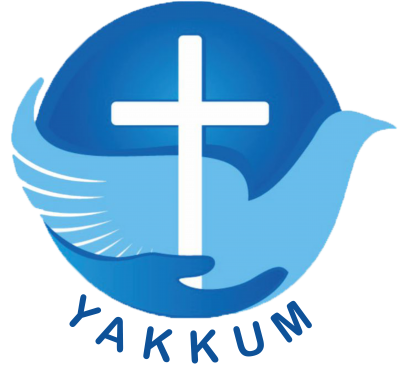
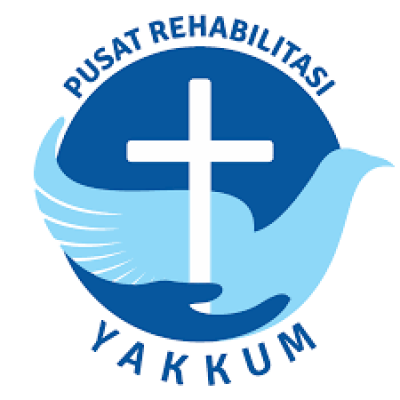

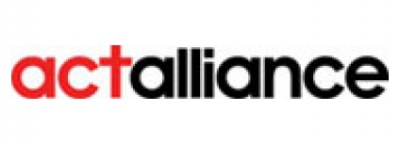
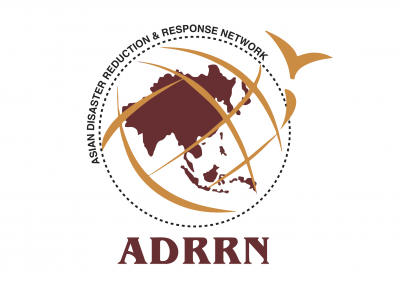
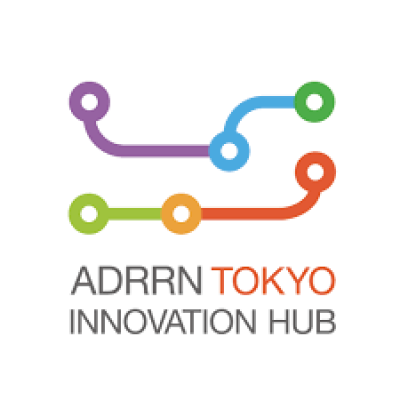




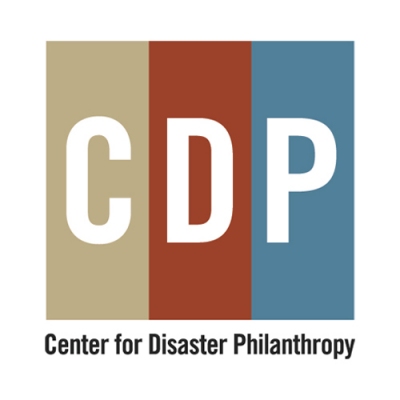
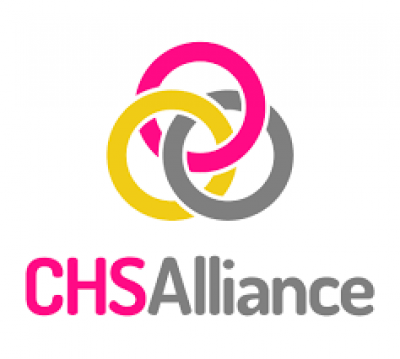

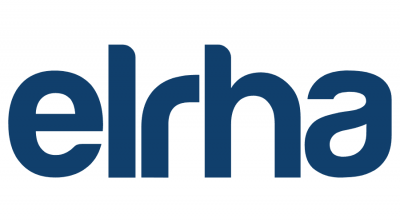
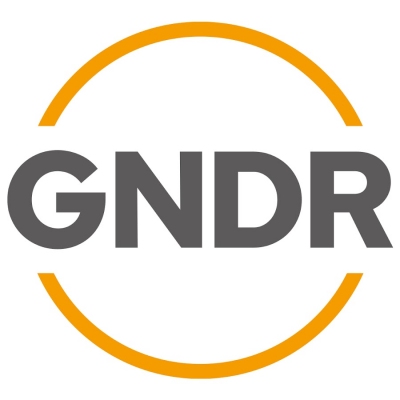
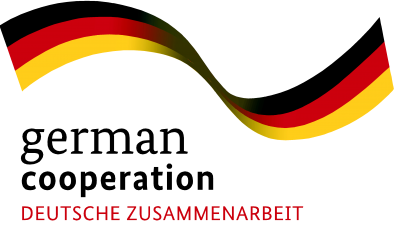
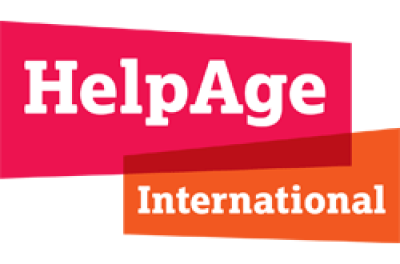






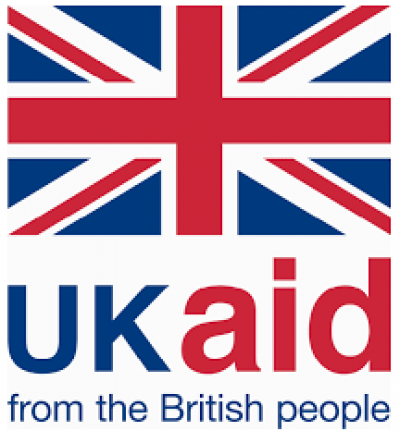

Social Media
@yakkumemergency
yakkumemergency